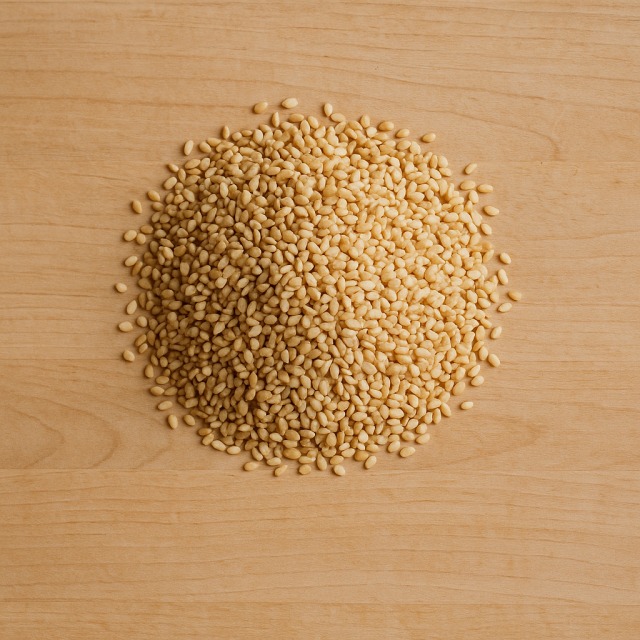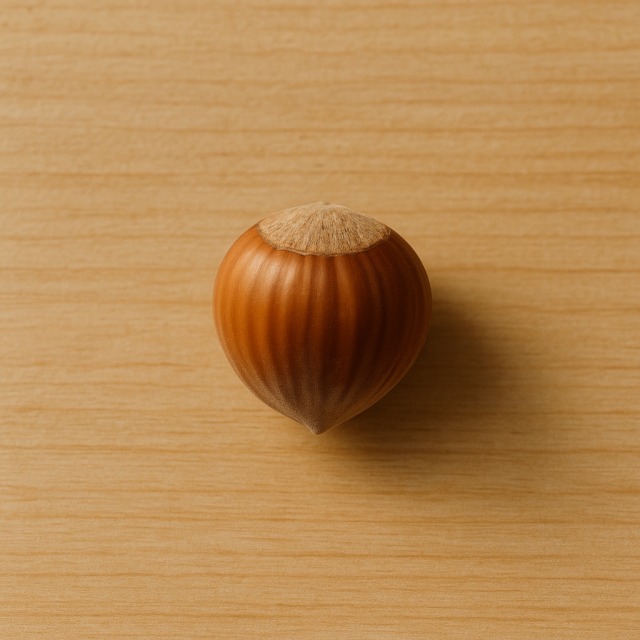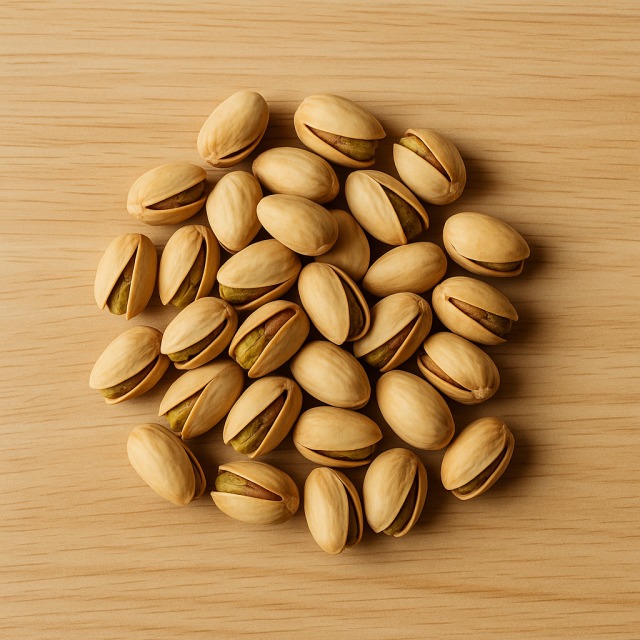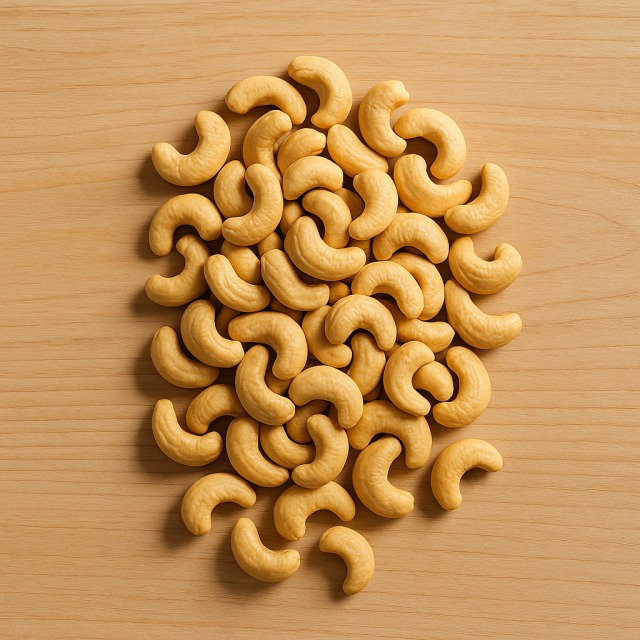Calorie Chart / Fruits / Sesame seeds
How Many Calories Are in Sesame seeds?
Calculation of the nutritional value & Recommended Dietary Intake of sesame seeds
For g and a calorie requirement of kcal
| Calories 170 kcal | Proteins 6.3 g | Lipids 15 g | Carbohydrates 3.1 g |
| 9% | 8% | 22% | 1% |
Health benefits of sesame seeds

Sesame seeds - 100g
Calories 566 kcal
Proteins 20.9 g
Lipids 50.4 g
Carbohydrates 10.2 g
Sesame seeds are considered a high-calorie ingredient, yet those calories bring a dense package of nutrients. They supply notable amounts of calcium, magnesium, iron, and zinc, making them beneficial for bone health and immunity. They also deliver B-group vitamins (especially thiamine and vitamin B6) and vitamin E, a recognized antioxidant.
Besides their vitamin and mineral profile, sesame seeds contain lignans such as sesamin and sesamolin, which have been studied for their cholesterol-lowering and antioxidant effects. The term "supposed" is used because human evidence remains limited. Their unsaturated fats help balance the fatty acid ratio in meals that are low in omega-6.
Historically, these small high-calorie seeds were already prized in Mesopotamia, where sesame oil lit lamps and flavored dishes. A single story claims the phrase "Open Sesame" refers to their pods bursting open at maturity—an anecdote that illustrates how deeply they are embedded in culinary culture.
Because the calories are packed into a tiny volume, sesame seeds can provide energy for athletes and for people who need to gain weight without large meal portions. Conversely, those seeking to reduce calories must pay attention to serving size, as a small handful can quickly increase daily calorie intake.
Tips for incorporating sesame seeds into a balanced diet
To enjoy the flavor and manage calories, toast sesame seeds lightly and sprinkle a teaspoon over a bowl of brown rice with steamed broccoli and grilled chicken breast. This combination delivers protein, fiber, and minerals while keeping added calories predictable.
For a plant-based option, blend sesame seeds into homemade tahini and fold it into a chickpea purée; serve with fresh carrot sticks or a crisp cucumber salad. One tablespoon is enough to add creaminess, flavor, and calories without excessive fat.
Bakers can replace part of the flour in a loaf of wholemeal bread with ground sesame seeds. The nutty taste lifts the recipe, while the extra calories help create an energy-dense snack for long training sessions.
If you monitor calories strictly, measure seeds with a spoon rather than pouring them directly from the jar. Because the ingredient is high-calorie, each extra spoonful matters. Balancing them with low-calorie vegetables or lean proteins allows the overall meal to stay within your calorie goal.
Frequently Asked Questions
- How many calories are in sesame seeds?
- There are 566 kcal per 100 g.
- Are sesame seeds good for a low-calorie diet?
- They are nutrient-dense but high in calories, so you can still include them by counting portions carefully—½ tablespoon adds roughly 50 calories.
- Do roasted sesame seeds have more calories than raw seeds?
- Roasting removes moisture but does not add fat, so calories remain essentially the same per weight; what changes is the flavor.
- Can sesame seeds help athletes increase calorie intake?
- Yes, sprinkling a few tablespoons on oatmeal or a smoothie (if you sweeten with honey) is an efficient way to raise calories, healthy fats, and magnesium.
- Are sesame seeds high in proteins compared with other seeds?
- At about 21 g of protein per 100 g, they rival pistachios and almonds, offering a valuable plant protein source along with calories.
- How do sesame seeds compare in calories to chia seeds?
- Sesame seeds provide slightly more calories per 100 g; both are calorie-dense, so serving size is the main tool for control.
Similar foods
Information provided by Calorie Menu may contain inaccuracies or errors. It cannot, under any circumstances, substitute medical advice or medication.










